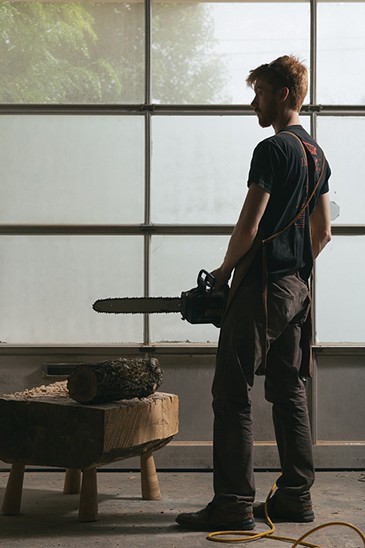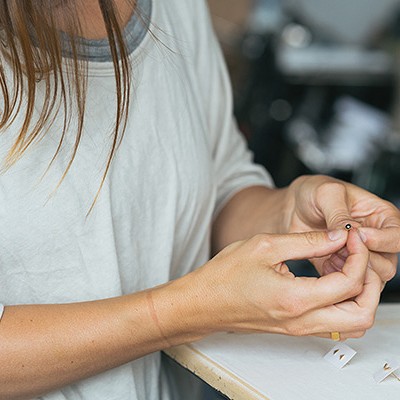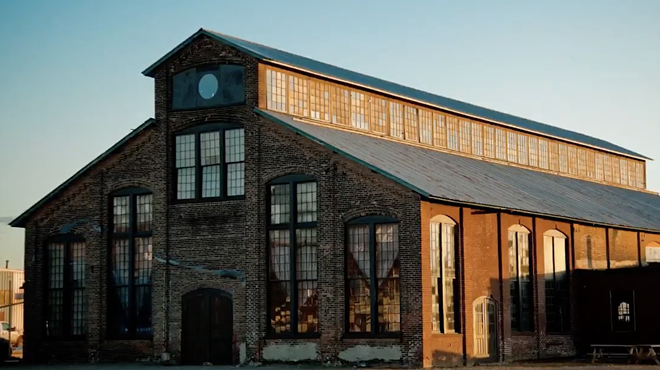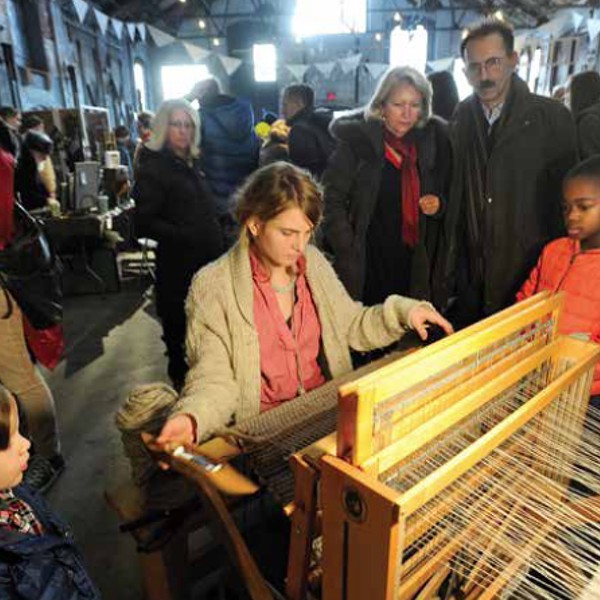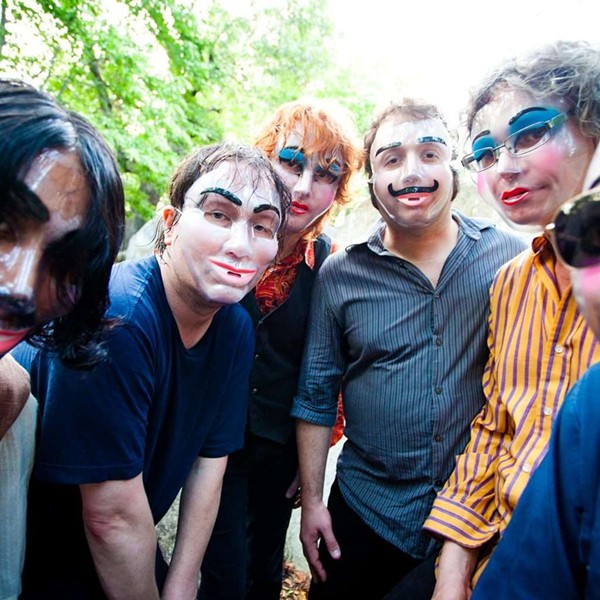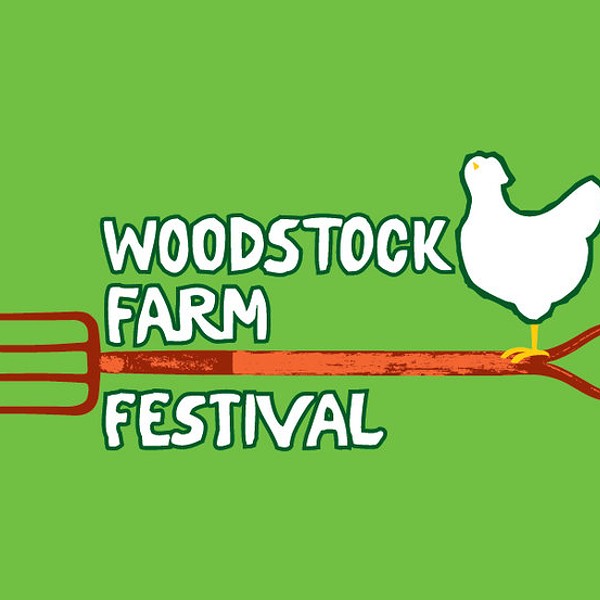Blackcreek Mercantile & Trading Company is another Kingston-based company that hopes to bring back handmade manufacturing. It currently employs several part-timers who assist co-owner and maker Josh Vogel in the production of hand-carved cutting boards, kitchen tools, and natural cutting board oil, which is formulated from locally sourced bee propolis, the gluelike substance in the hives.
Blackcreek sells its wares exclusively on a wholesale basis, including custom kitchen utensils for high-end, artisanal stores located as far afield as California, Paris, and Japan; national media coverage of the company has led to a book deal. Vogel said the competition is fierce; diversification of their product line and strategic, targeted marketing that seeks to build relationships helps them weather the various trends. "You have to pour your heart into what you're doing and the quality has to be there," says Vogel.
That sense of deep engagement with the material, of honest and elemental making, touches on the fundamental appeal of craft: authenticity.
The New Pioneers
For all its trumpeting of sincerity and goodness, the world of handmade is guilty of a snobbishness that borders on the xenophobic, according to Alexandra Dewez, owner of Harvey's Counter, a shop full of handmade goods in Hudson. Typically, customers show "a sudden lack of interest" when she informs them that the cool metal light that resembles an anchor studded with tiny bulbs they admire is from India. "Why should it be less worthy than something a Bard graduate made by hand? Not everyone in Central Asia works in a sweatshop or huge factory," says Dewez. Tiny collectives of women in Asia or Africa who make everything by hand and "thankfully through technology found an agent connected to Hudson" are involved in no less worthy an enterprise, and in such cases, each sale "really has an impact on their lives."
Then there's the fundamental problem of attrition and the sheer exhaustion and struggle of surviving in an economy based on efficiency. Paula Kucera owns White Barn Farm in New Paltz, where she has a shop selling yarn hand spun and hand dyed from wool sheared off her own sheep. "A lot of people burn out, because what they do is not sustainable in this money-driven world," she said. Plus, in her many years of holding classes in knitting, felting, plant dying, and sewing, she's found people are inconsistent: Someone will be "voracious about knitting for three years, then one day they put it down and don't want to do it." A new yarn shop opening up nearby can whittle down her potential pool of customers by half. To keep going, it's a matter of "finding out what's important, what you value, and what works for you. I may be shifting things around, start attending fiber festivals, go directly to the customers as a way to bump up sales."
As in decades past, many crafters will likely burn out. But today, the choices are fewer and the stakes are higher, thanks to the growing dominance of multinational corporations, notes Auf der Maur. She nonetheless has hope that a fundamental shift is under way. "In the city, most people can't avoid the propaganda that's everywhere, but here in the Hudson Valley we have isolated pockets of independent-minded communities," Auf der Maur says. "Craft and the effort of individual handmaking is a symbol of the future. What the world needs right now is a pair of hands." She added that crafters' inventiveness, work ethic, and entrepreneurial drive reflect the essence of being American. "Americans are pioneers who take risks and do weird and original things with a lot of will," she said. "A big part of the spirit in handmade is that people are taking their destiny into their own hands. There really is no choice."







